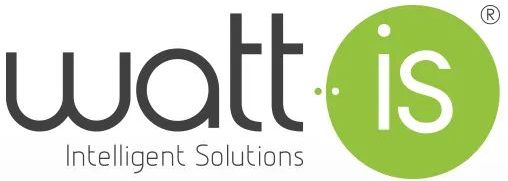OneNet

The project OneNet (One Network for Europe, https://onenet-project.eu) will provide a seamless integration of all the actors in the electricity network across Europe to create the conditions for a synergistic operation that optimizes the overall energy system while creating an open and fair market structure.
OneNet is funded through the EU’s eighth Framework Programme Horizon 2020, “TSO – DSO Consumer: Large-scale demonstrations of innovative grid services through demand response, storage and small-scale (RES) generation” and responds to the call “Building a low-carbon, climate resilient future (LC)”.
As the electrical grid moves from being a fully centralized to a highly decentralized system, grid operators have to adapt to this changing environment and adjust their current business model to accommodate faster reactions and adaptive flexibility. This is an unprecedented challenge requiring an unprecedented solution. The project brings together a consortium of over 70 partners, including key IT players, leading research institutions and the two most relevant associations for grid operators.
Within the OneNet project the Western demonstrator will operate in three different countries and will enable the implementation of a wide range of flexible mechanisms to meet the needs of both the Distribution Systems Operator (DSO) and the Transmission Systems Operator (TSO), including coordination between market mechanisms and real-time network planning and operation. Among the main objectives to be achieved, increasing the integration of renewable energies and anticipating operating scenarios are relevant priorities.
Following an open call process, Watt-IS was selected to implement the Data Exchange Platforms targeted to support the DSO (E-REDES) and TSO (REN/NESTER) to fulfill the Portuguese demonstration use cases that foresee the exchange of information related to Network Flexibility and Network Operational Planning between the System Operators.
Watt-IS participation in the OneNet thus resulted in the development (jointly with project stakeholders E-REDES and REN/NESTER) of a set of System Use Cases (SUCs) that allow for an optimized information exchange processes between the Portuguese DSO and TSO focused on grid “forecasts”, grid “operational planning”, and the exchange of flexibility service requirements and availability.
It is thus expected that with such developed tools, an improved coordination between the DSOs and TSOs is achieved that may contribute to facilitate the definition of necessary actions in order to avoid grid constraints, avoid unnecessary investments and ensure a secure, reliable and efficient grid operation.
Subscribe our Newsletter
Know more about "watt" we do
Our newsletter will keep you informed about all the latest happenings, upcoming events, exciting projects and developments. You’ll find it all in there.
Join us on this electrifying journey! You can easily unsubscribe at any time.

Copyright © 2022 Watt-IS. All Rights Reserved.

